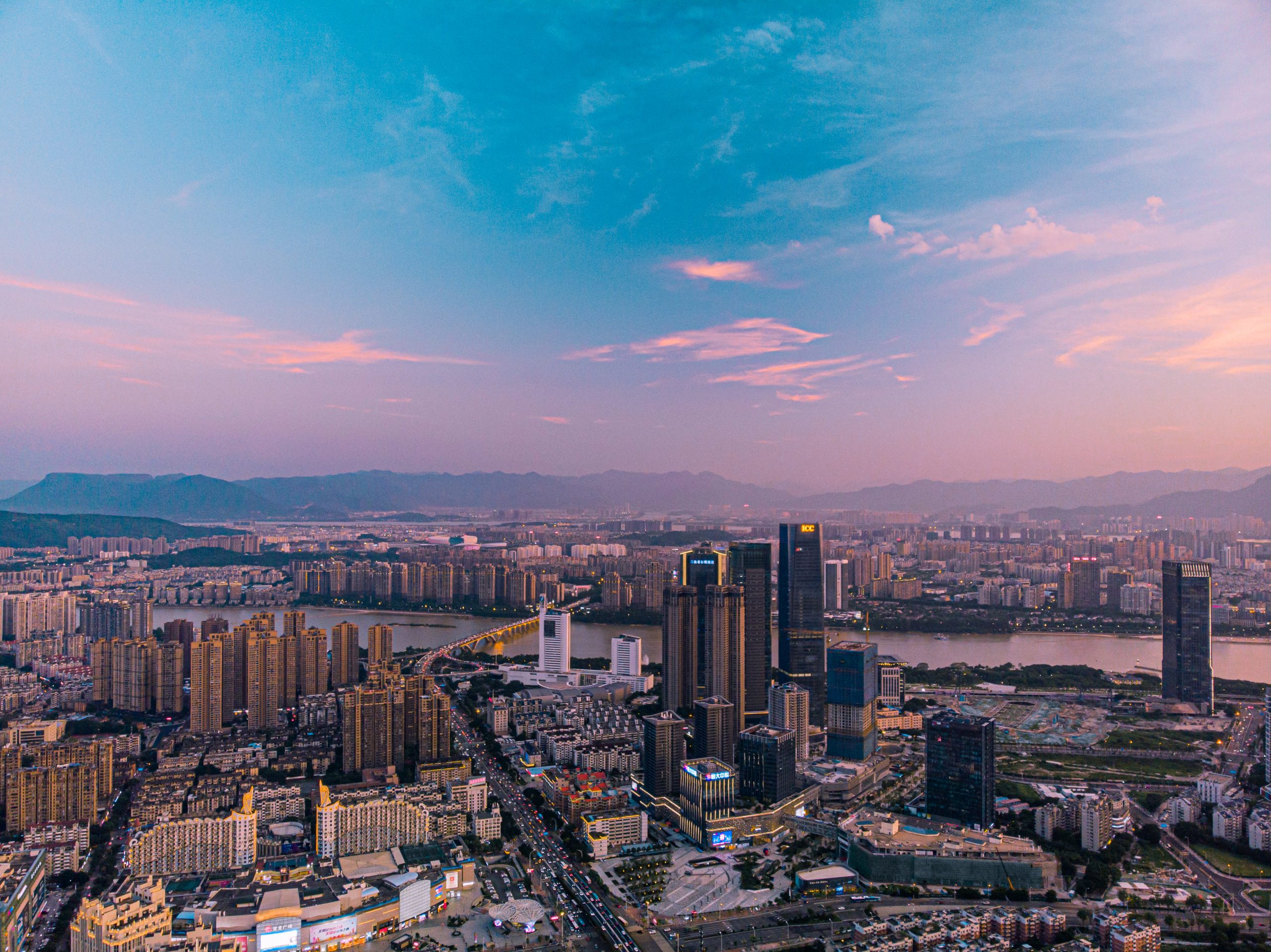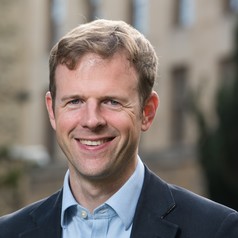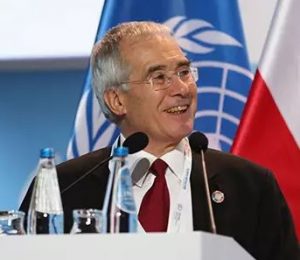East Asia Blog Series
Four Capitals Essential for the PRC’s Future Development
Cameron Hepburn and Nicholas Stern 26 Apr 2021
The People’s Republic of China (PRC) rapidly transitioned over just 40 years from a low- to a middle-income country. While that has meant a better quality of life for the Chinese people, it has also caused serious environmental damage and harm to human health through pollution. If left unmanaged, these problems could limit or undermine future advances in living standards.
How can the PRC continue its economic growth while reducing that growth’s effects on its people and environment? By making wise investments in human, social, natural, and physical capital to enable a future of high-quality sustainable development.
Human capital
Such development will require substantial investment in sustainable infrastructure to support new and clean technologies. These could include electric and hydrogen vehicle technology and further developments in solar power and battery storage on electric grids. The new infrastructure and new technologies will require new skills. Thus, they will require investment in education, a key element of human capital.
Artificial intelligence (AI) is likely to play a growing role in these technologies. AI can improve efficiency and allow new business models to be developed. But it will also reduce the need for low-skilled labor, which could result in lost jobs for some workers and lower wages for others. The PRC will need to invest in the necessary skills for AI and for re-skilling workers.
The health of the workforce will be important for it to be productive in the future. In the PRC each year, outdoor air pollution leads to about 1.2 million premature deaths. That one third of Chinese households use solid fuels, including coal, for heating and cooking causes an additional 600,000 deaths annually due to indoor pollution.
To solve these challenges, the PRC should offer its workforce:
- training in the skills required to work in new, clean technologies to support a sustainable transition,
- retraining for workers in industries replaced by these new technologies to ensure a just transition,
- training in skills that are complementary to AI and that cannot be replaced by AI to boost productivity in an increasingly automated world, and
- a better environment through radically reducing pollution to improve public health and well-being.
Education and skills are themselves crucial elements in wellbeing and the same is true of health, beyond their effect on productivity.
Social capital
The PRC’s dramatic economic advancement over the past four decades has significantly reduced the number of people living in absolute poverty. But relative poverty remains a problem, and rural areas are frequently poorer than urban ones. Health and education services are also lacking in rural areas.
In addition, replacing polluting industries with cleaner ones without helping communities through the change could lead to problems. Communities could lose their sense of self and the social ties that keep members bonded. Trust in government can be eroded if people do not see a sense of solidarity and mutual responsibility.
To support social capital, government should ensure:
- strategies of reducing inequality, including through providing better education and health services to rural areas,
- help for entrepreneurs to start businesses in areas where the core industry is being replaced,
- relocation assistance to workers who would like to move through finance and relaxing the Hukou system, and
- social safety nets to help people reenter the workforce or to assist those unable to.
Social cohesion and a sense of worth are goals in and of themselves beyond any influence on productivity.
Natural capital
Natural resources provide essential services, from water management and safe water in the case of watersheds to sequestering carbon dioxide in the case of forests. Better stewardship of resources would improve these services. For example, reducing industrial runoff would improve fisheries and make land used for growing food less polluted.
To enhance its natural capital, the PRC can develop climate-smart agricultural approaches to sustainably make farming more productive. The country could also create policies that encourage replacing fossil fuels with cleaner technologies to improve public health and the environment. For example, adding a $70 carbon price in the PRC could prevent nearly 4 million premature deaths from air pollution during 2017 to 2030.
Pursuing smart urbanization projects that are compact, connected, and coordinated could protect natural resources and make communities more resilient to climate change. These projects can help unlock the power of cities to deliver clean development and stimulate economic growth by improving access to jobs and housing.
Protecting and investing in natural capital increases biodiversity with many benefits, including recreational, medicinal, and agricultural.
Physical capital
Infrastructure projects support essentials of modern life, such as reliable power, heating and cooling, transportation, water, and sanitation. The PRC’s infrastructure efforts build a foundation for growth. The country is expected to need $30 trillion in infrastructure investment by 2040 according to the World Bank. That’s more than half of Asia’s total needs and a third of the world’s.
Approaching this need for infrastructure in thoughtful and sustainable ways can offer many benefits. Low-quality or old-fashioned infrastructure projects should not be supported; these can pose financial and economic risks and lock in decades of polluting development. Upgrading long outmoded industrial processes to clean, modernized production can dramatically increase efficiency and reduce waste.
The PRC has successfully invested in solar power and become the world’s largest producer of solar cells. Continued support of sustainable infrastructure such as the solar photovoltaic industry would help create a healthier, cleaner, and more sustainable economy. The PRC must also manage its physical capital well, to allow more efficient and clean technology to come through, for example via its electricity grids.
Achieving these investments
Sound government policies, including those that incentivize sustainable development will be needed. The PRC’s financial systems should be strengthened to allow for a range of effective public and private financing for sustainable projects. Successful change will make possible the PRC’s transition to a high-income country whose citizens live in harmony with both the natural environment and each other.
Reference
C. Hepburn and N. Stern. 2019. Driving Investments Toward Sustainable Economic Growth in the People’s Republic of China. ADB East Asia Working Papers. No. 16. Manila: Asian Development Bank.
Authors

Cameron Hepburn
Director of Economics of Sustainability Program, Oxford Martin School, Oxford University

Nicholas Stern
IG Patel Professor of Economics and Government, London School of Economics
This blog is reproduced from East Asia Working Paper.


